What are the free hold properties in Dubai?
Freehold properties in Dubai refer to properties that allow foreign nationals to purchase and own the property outright. Owners have the right to sell, lease, or use the property at their discretion.

Here are some of the prominent areas in Dubai where freehold properties are available:
- Downtown Dubai: Known for iconic landmarks such as the Burj Khalifa and Dubai Mall, it offers a mix of luxury apartments and penthouses.
- Dubai Marina: Popular for its waterfront living, this area has numerous residential towers and a vibrant lifestyle with restaurants, cafes, and shops.
- Palm Jumeirah: An artificial island known for its luxury villas, townhouses, and apartments, offering stunning views and beachfront living.
- Jumeirah Lakes Towers (JLT): A high-rise community with residential and commercial buildings surrounding artificial lakes.
- Business Bay: A mixed-use community with residential, commercial, and business towers, close to Downtown Dubai.
- Jumeirah Beach Residence (JBR): A beachfront community with apartments and penthouses, offering a lively atmosphere with shops, restaurants, and entertainment options.
- Emirates Hills: A gated community offering luxury villas with views of the golf course.
- Dubai Silicon Oasis: A technology park with a mix of residential and commercial properties, catering to professionals and families.
- Dubai Sports City: A community designed around sports facilities, offering apartments, townhouses, and villas.
- Arabian Ranches: A suburban community with villas and townhouses, offering a family-friendly environment with parks, schools, and recreational facilities.
- The Greens and The Views: A mid-rise community offering apartments with green spaces and lakes.
- Discovery Gardens: An affordable residential community with a mix of low-rise apartment buildings, ideal for families and professionals.
Different types of freehold properties in Dubai
In Dubai, freehold properties come in various types to cater to different preferences and investment goals. Here are the main types of freehold properties available:
Apartments
- Studios: Compact units typically consisting of a single room that combines the bedroom, living room, and kitchen, along with a separate bathroom.
- Bedroom Apartments: Units with a separate bedroom, living area, kitchen, and bathroom.
- 2-Bedroom Apartments: Larger units with two separate bedrooms, living area, kitchen, and often multiple bathrooms.
- 3-Bedroom Apartments and Larger: Spacious units with three or more bedrooms, multiple bathrooms, and larger living areas. Often include additional features like maids’ rooms and balconies.
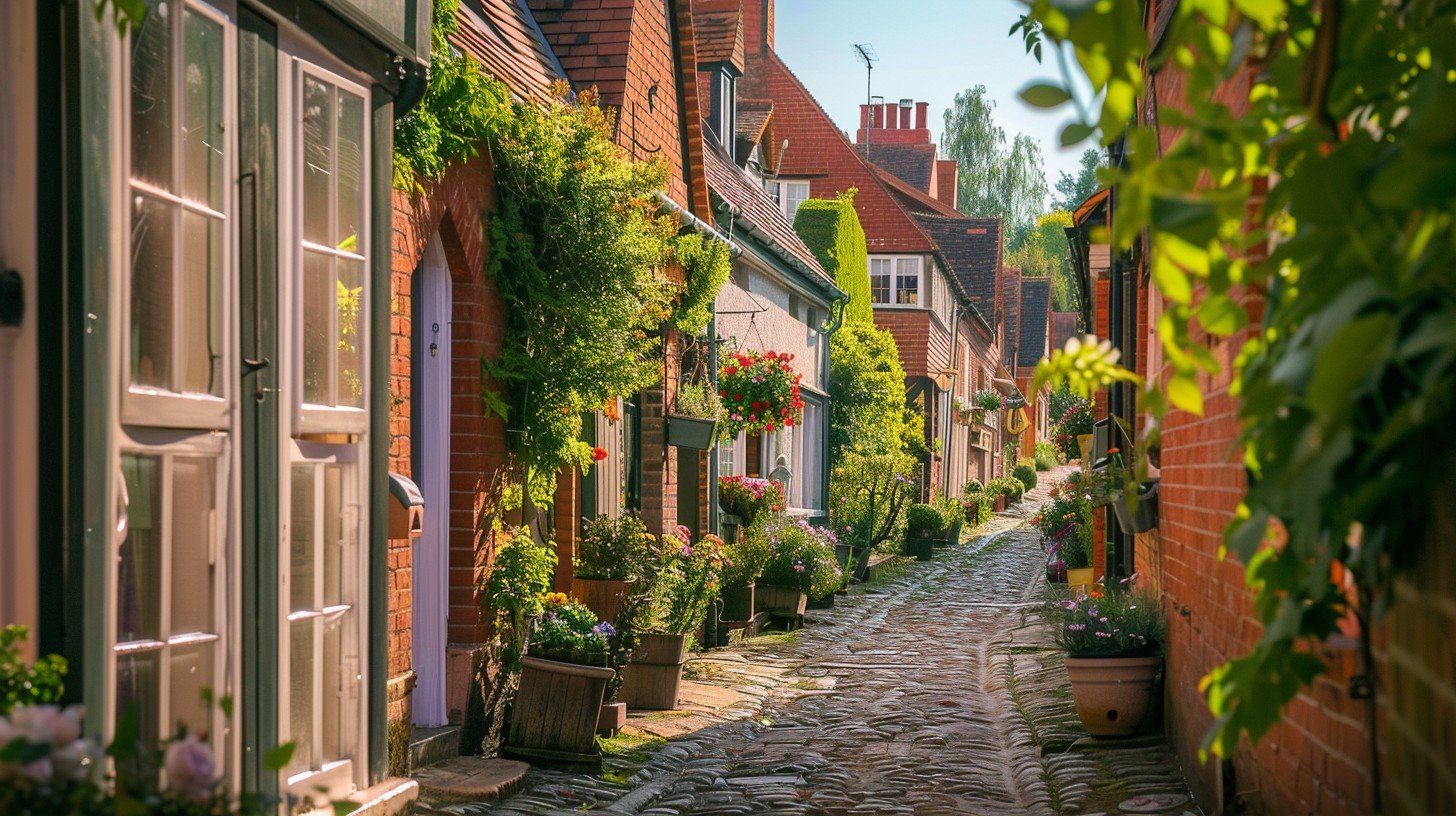
Villas
- Townhouses: Multi-floor homes that share one or more walls with adjacent properties, offering a blend of privacy and community living.
- Detached Villas: Stand-alone homes that provide more privacy, with their own garden and sometimes a pool.
- Semi-Detached Villas: Villas that share one wall with another villa, offering a balance between detached villas and townhouses.
Penthouses
- Luxury Units on Top Floors: Often located in high-rise buildings, offering expansive views, high-end finishes, and additional amenities like private terraces and swimming pools.
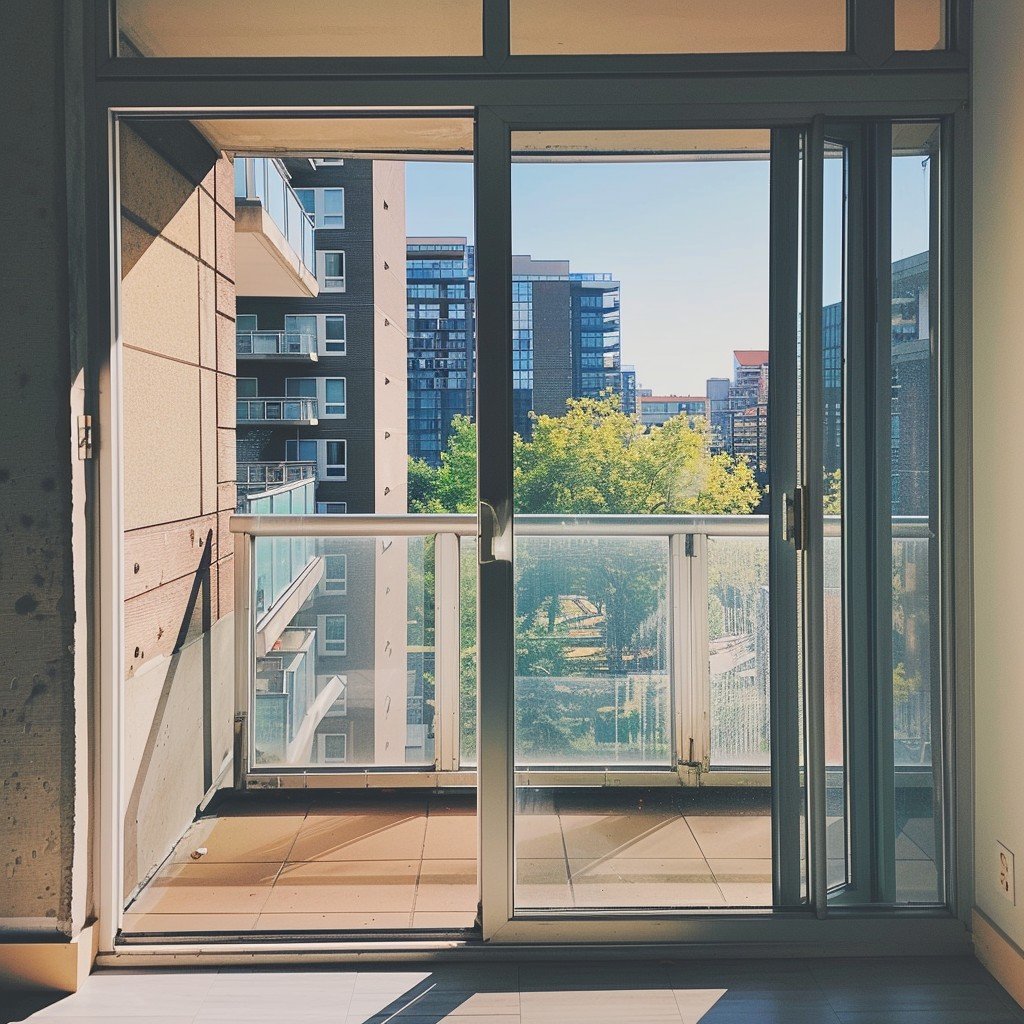
Duplexes and Triplexes
- Duplexes: Apartments or villas spread over two floors, providing more space and a layout that separates living and sleeping areas.
- Triplexes: Similar to duplexes but spread over three floors, offering even more space and a more distinct separation of areas.
Lofts
- Open-Plan, High-Ceiling Units: Typically featuring high ceilings, open-plan living areas, and large windows, often found in urban areas.
Serviced Apartments
- Fully Furnished with Hotel-Like Amenities: Managed by hotel chains or property management companies, offering services like housekeeping, concierge, and access to hotel facilities.
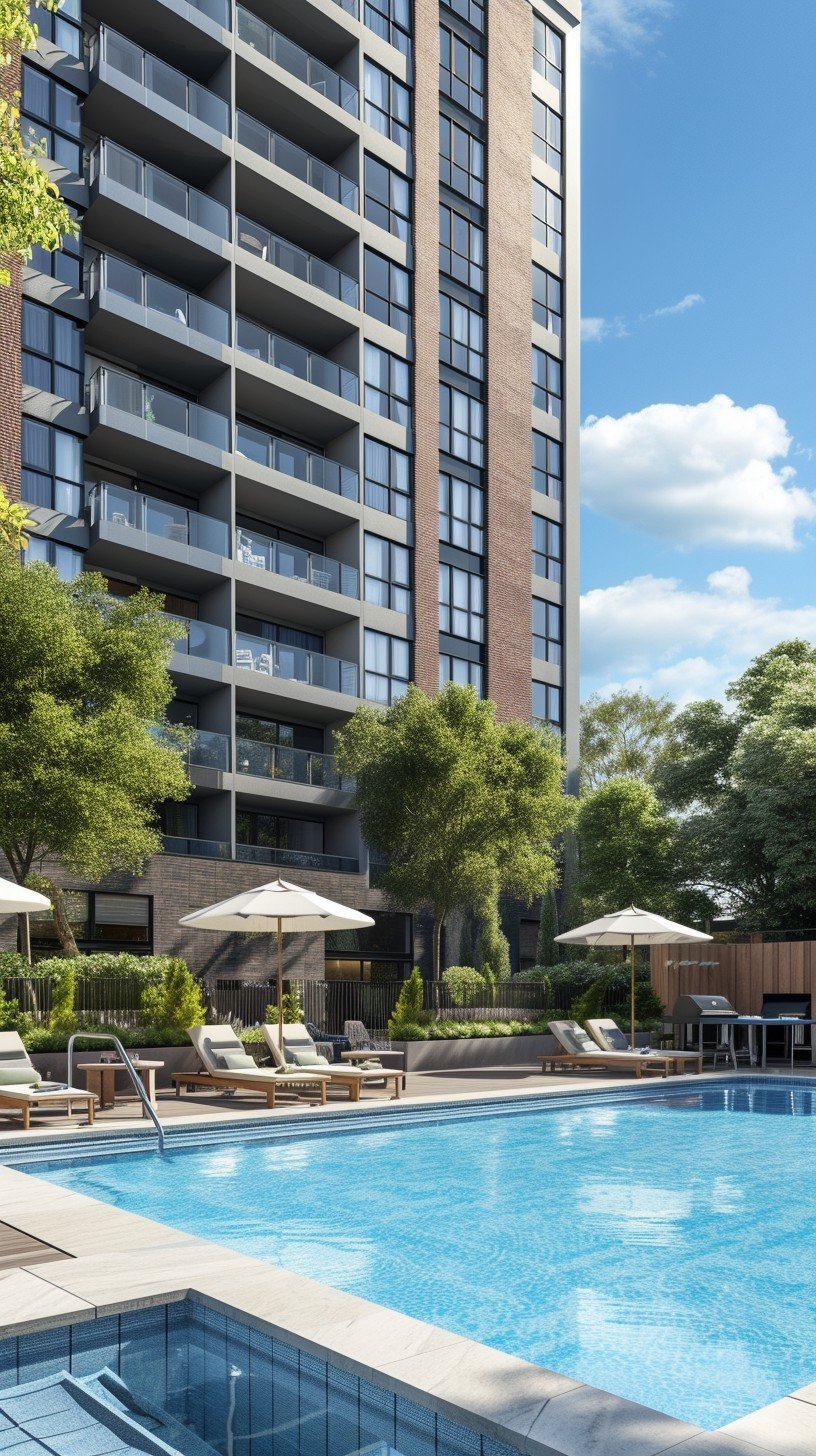
Townhouses
- Multi-Floor Homes: Share walls with neighboring units and typically include private gardens and sometimes shared community amenities.
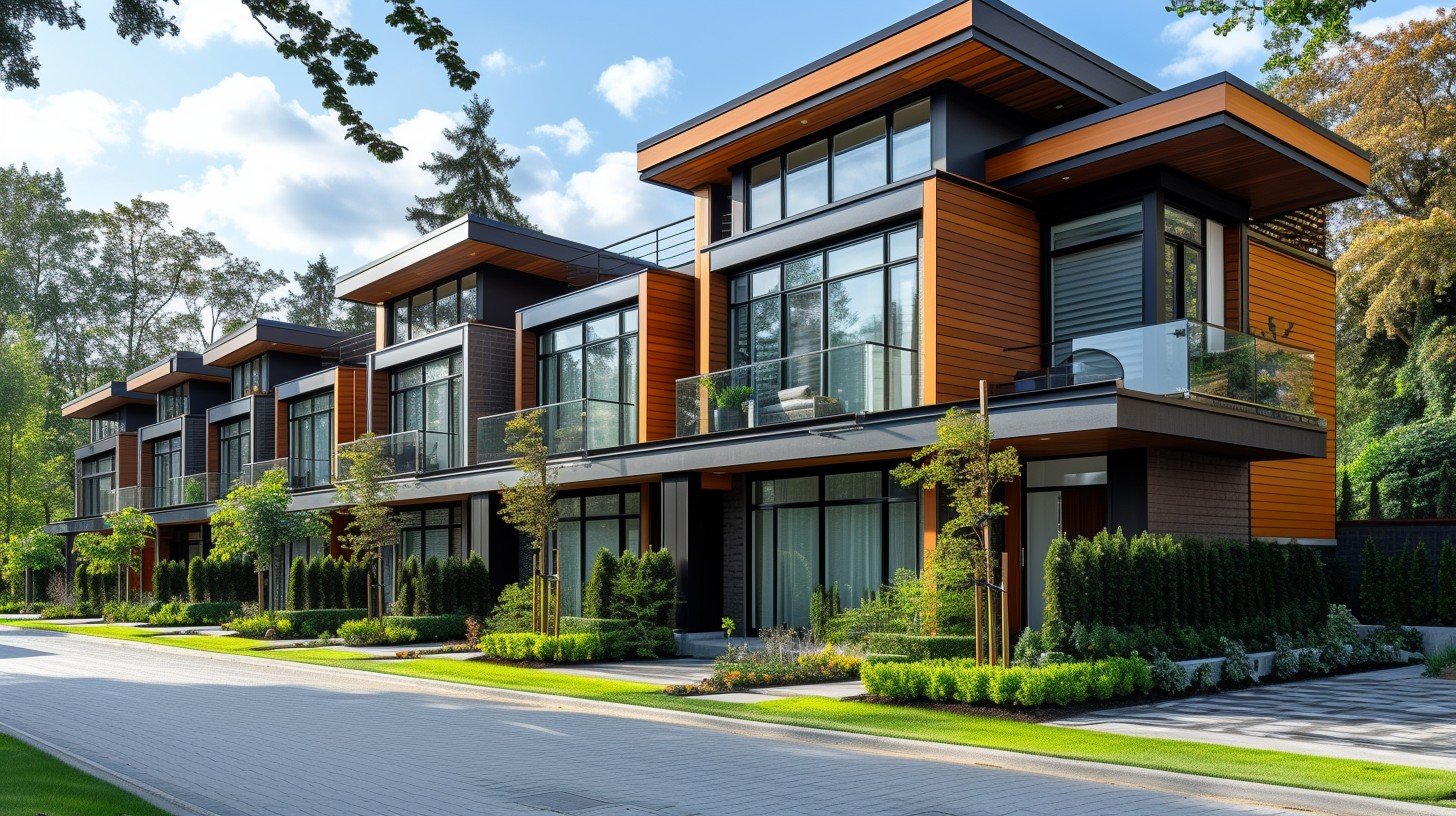
Plots of Land
- For Custom Development: Buyers can purchase plots of land in designated freehold areas to build their own custom homes or investment properties.
Commercial Properties
- Office Spaces: Available in various sizes, from small offices to entire floors, often located in business districts.
- Retail Spaces: Shops and retail units in shopping malls or street-front locations.
- Warehouses and Industrial Units: For businesses requiring storage or manufacturing facilities.

These various types of freehold properties provide flexibility for buyers, whether they are looking for a home, an investment property, or commercial space.
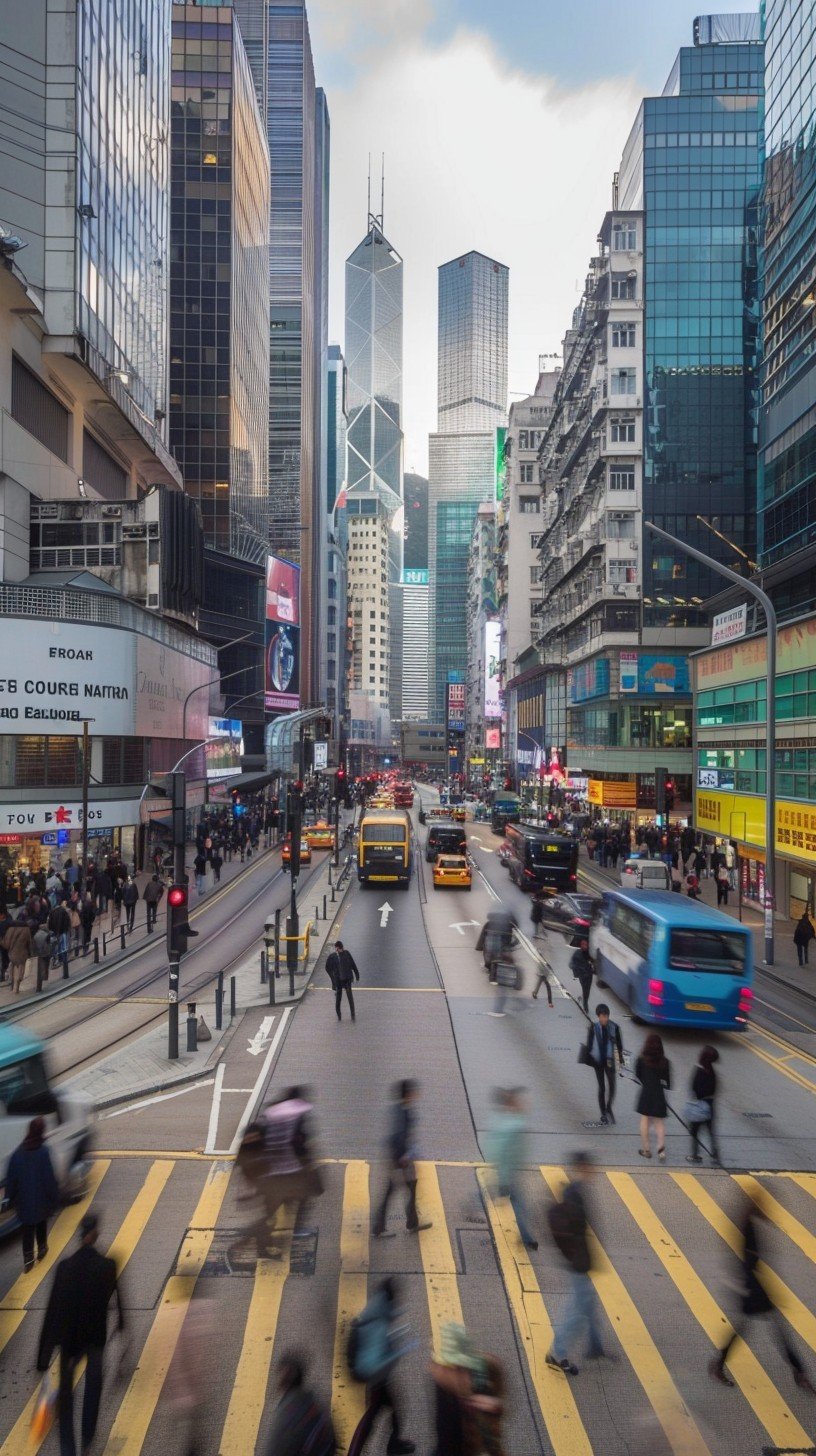
Top freehold areas in Dubai for Apartments?
Here are some of the top freehold areas in Dubai that are particularly popular for apartments:
- Downtown Dubai
- Key Attractions: Burj Khalifa, Dubai Mall, Dubai Fountain.
- Types of Apartments: Luxury apartments and penthouses.
- Lifestyle: Vibrant, high-end, with easy access to shopping, dining, and entertainment.
- Dubai Marina
- Key Attractions: Waterfront living, Marina Walk, Jumeirah Beach Residence (JBR) nearby.
- Types of Apartments: High-rise luxury apartments.
- Lifestyle: Cosmopolitan, active, with numerous dining and nightlife options.
- Palm Jumeirah
- Key Attractions: Artificial island with beachfront living.
- Types of Apartments: Luxury apartments and penthouses with stunning views.
- Lifestyle: Exclusive, resort-style, with private beach access.
- Jumeirah Beach Residence (JBR)
- Key Attractions: Beachfront living, The Walk at JBR, Bluewaters Island nearby.
- Types of Apartments: Mid-range to luxury apartments.
- Lifestyle: Lively, family-friendly, with numerous dining and retail options.
- Business Bay
- Key Attractions: Proximity to Downtown Dubai, Dubai Canal.
- Types of Apartments: Modern high-rise apartments.
- Lifestyle: Urban, professional, with a mix of residential and commercial spaces.
- Jumeirah Lakes Towers (JLT)
- Key Attractions: Lakeside living, numerous dining and retail options.
- Types of Apartments: High-rise apartments.
- Lifestyle: Community-oriented, with a mix of residential and office spaces.
- Dubai Silicon Oasis
- Key Attractions: Technology Park, family-friendly amenities.
- Types of Apartments: Affordable to mid-range apartments.
- Lifestyle: Family-friendly, with a focus on technology and innovation.
- The Greens and The Views
- Key Attractions: Green spaces, tranquil environment.
- Types of Apartments: Mid-rise apartments.
- Lifestyle: Peaceful, community-focused, with parks and lakes.
- Discovery Gardens
- Key Attractions: Themed gardens, affordability.
- Types of Apartments: Low-rise apartment buildings.
- Lifestyle: Budget-friendly, family-oriented, with ample green spaces.
- Dubai Sports City
- Key Attractions: Sports facilities, stadiums.
- Types of Apartments: Affordable to mid-range apartments.
- Lifestyle: Active, sports-oriented, with a focus on health and fitness.
- Dubai Creek Harbour
- Key Attractions: Waterfront living, upcoming tallest tower Dubai Creek Tower.
- Types of Apartments: Luxury apartments with stunning views.
- Lifestyle: Modern, upscale, with a focus on sustainability and smart living.
- Al Furjan
- Key Attractions: Quiet suburban living, community amenities.
- Types of Apartments: Mid-range apartments.
- Lifestyle: Family-friendly, suburban, with a focus on community living.
How to Buy a freehold property in Dubai
Buying a freehold property in Dubai involves several steps, from selecting the property to completing the transaction.
Here’s a detailed guide on how to buy a freehold property in Dubai:
- Research and Select the Property
- Determine Your Budget: Establish a budget including purchase price, fees, and potential renovations.
- Choose the Location: Select a location that suits your lifestyle or investment goals.
- Property Type: Decide on the type of property (apartment, villa, townhouse, etc.).
- Engage a Real Estate Agent
- Find a Licensed Agent: Choose a reputable, RERA-licensed real estate agent who specializes in the area you’re interested in.
- Property Viewing: Schedule viewings of selected properties.
- Arrange Financing
- Mortgage Pre-Approval: If you’re financing the purchase, get pre-approved for a mortgage from a bank.
- Down Payment: Be prepared to make a down payment, typically around 20-25% for non-residents.
- Make an Offer
- Negotiate: Your agent can help negotiate the price and terms with the seller.
- Sales Agreement (Form F): Once an agreement is reached, both parties sign a Memorandum of Understanding (MOU), known as Form F.
- Pay the Deposit
- Deposit Payment: Pay the deposit, usually 10% of the purchase price, as agreed in the MOU.
- Conduct Due Diligence
- Property Inspection: Ensure the property is free from defects and matches the agreed terms.
- Verify Title Deed: Confirm the seller has a clear title deed and no outstanding dues.
- Draft the Sales Agreement
- Sale and Purchase Agreement (SPA): Draft the SPA detailing all terms and conditions of the sale.
- Obtain a No Objection Certificate (NOC)
- Developer NOC: Apply for an NOC from the property developer, confirming there are no outstanding fees or objections to the sale.
- Transfer of Ownership
- Dubai Land Department (DLD): Arrange an appointment at the DLD to complete the transfer.
- Documents Required:
- Original title deed
- NOC from the developer
- Signed SPA
- Buyer’s and seller’s identification documents (passports, Emirates ID if applicable)
- Fees:
- Transfer fee: Typically, 4% of the property value
- Trustee office fee: Around AED 4,000
- Agent commission: Usually 2% of the property price
- Mortgage registration fee (if applicable): 0.25% of the loan amount
- Payment: The remaining balance is paid through a manager’s cheque or escrow account.
- Receive the Title Deed
- Title Deed Issuance: After the transfer, the buyer receives the new title deed in their name from the DLD.
- Final Steps
- Utility Connections: Arrange for the transfer of utilities (DEWA, gas, etc.) into your name.
- Move-In: Once everything is settled, you can move into your new property or rent it out if it’s an investment.
Tips:
- Legal Advice: Consider hiring a lawyer to ensure all legal aspects are covered.
- Check Developer Reputation: If buying off-plan, ensure the developer has a good track record.
- Understand Fees: Be aware of all associated costs beyond the purchase price.
By following these steps and working with reputable professionals, you can navigate the process of buying a freehold property in Dubai smoothly.
What are some benefits of owning a property in Dubai?
Owning a property in Dubai offers several benefits, making it an attractive option for both residents and international investors.
Here are some of the key advantages:
- Tax-Free Income
- No Property Taxes: Dubai does not impose annual property taxes or capital gains taxes, which can lead to significant savings over time.
- Rental Income: Income from renting out properties is not taxed, allowing property owners to maximize their returns.
- High Rental Yields
- Attractive Returns: Dubai offers some of the highest rental yields in the world, often ranging between 6-10%, depending on the location and property type.
- Strong Demand: The city’s growing population and status as a business hub ensure consistent demand for rental properties.
- Strategic Location
- Global Hub: Dubai’s strategic location at the crossroads of Europe, Asia, and Africa makes it a prime destination for business and travel.
- Connectivity: Excellent air connectivity with major global cities via Emirates and other airlines.
- World-Class Infrastructure
- Modern Amenities: Dubai boasts state-of-the-art infrastructure, including world-class shopping malls, healthcare facilities, schools, and entertainment options.
- Transport Network: Efficient public transport system including the Dubai Metro, trams, and a well-maintained road network.
- High Quality of Life
- Lifestyle: A cosmopolitan lifestyle with a mix of cultures, fine dining, luxury shopping, and vibrant nightlife.
- Safety: Dubai is known for its low crime rates, making it a safe place to live and invest.
- Diverse Property Options
- Variety: A wide range of properties including luxury apartments, villas, townhouses, and affordable housing options.
- Iconic Developments: Opportunity to own properties in world-renowned developments like Palm Jumeirah, Downtown Dubai, and Dubai Marina.
- Investor-Friendly Policies
- Freehold Ownership: Foreigners can buy freehold properties in designated areas, giving them full ownership rights.
- Residency Visa: Property investors can obtain long-term residency visas, with different schemes available based on the investment amount.
- Economic Stability
- Robust Economy: Dubai has a diversified economy with strong sectors in tourism, trade, aviation, real estate, and financial services.
- Visionary Leadership: The government’s proactive approach in economic planning and development fosters a stable investment environment.
- Growing Market
- Appreciation Potential: The property market in Dubai has shown resilience and potential for long-term appreciation.
- Expo 2020 Legacy: Ongoing projects and infrastructure developments initiated for Expo 2020 continue to boost the property market.
- Legal Framework
- Regulated Market: The Real Estate Regulatory Agency (RERA) ensures transparency and protects the rights of buyers, sellers, and tenants.
- Secure Transactions: Well-defined legal processes for property transactions provide security to investors.
- Cultural and Recreational Amenities
- Leisure Options: Numerous cultural attractions, sports facilities, beaches, and parks.
- Events: Hosting international events, exhibitions, and festivals adds to the city’s dynamic lifestyle.
- Climate
- Sunny Weather: Consistent sunny weather throughout the year appeals to those seeking a warm climate.
By considering these benefits, investors and homeowners can appreciate the advantages of owning property in Dubai, making it a lucrative and appealing market for real estate investment.